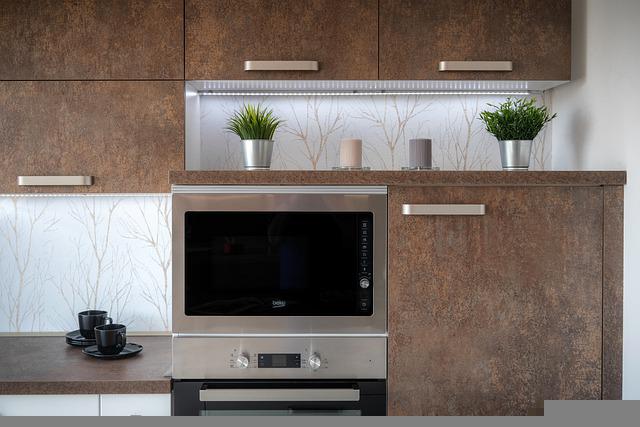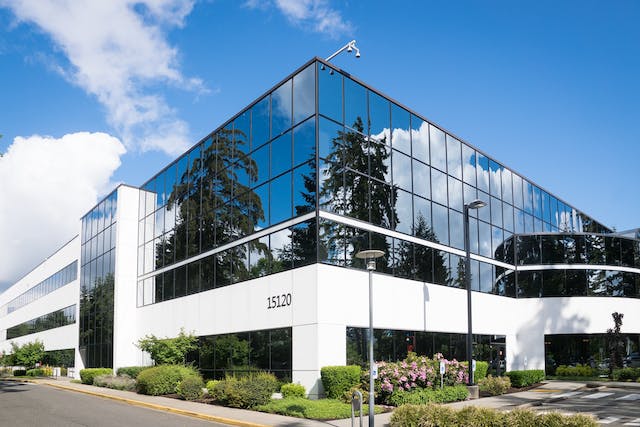Expert Tips on What to Look For When Buying a New Oven

What is an Oven?
Before choosing an oven, it’s important to learn what exactly an oven is and what it does. An oven is simply a chamber that employs either electricity or gas to cook, grill, or bake your food. It has no external burners. A stove is a different cooking appliance that doesn’t include an oven. It has cooking elements that produce heat and cook food using either gas or electricity. This appliance comes with control knobs and is typically placed on a cooking island or kitchen countertop. A range, however, is an appliance that includes both an oven and a stove that is fuelled by electricity, gas, or a combination of the two. While an oven and a range are essentially different, they are often considered to be similar and the term “oven” can be used to refer to both appliances. With that said, the best oven highlighted in this guide will be referring to ranges or oven/stove combos. Buying a range is cheaper than getting each appliance separately. If you are interested in getting an electric oven and hob then see here.
How to Pick The Best Oven
When picking your oven, you’ll need to figure out what kind of appliance will offer you the features that you are looking for.
When looking at various types of ovens, you’ll need to consider your cooking environment, your cooking needs, and your preferences. Do you enjoy making small meals that don’t involve spending a lot of time in the kitchen? Or, are you a home baker who is looking for a large oven that bakes consistently and evenly? Are you an amateur chief who is looking for a stove with a wide range of heat settings? Or, do you regularly need to cook large quantities of food for family gatherings and entertaining? Your answers to these important questions will assist you to choose the best appliance for your kitchen.
Best Ovens: Fuel Types
Once you have established what you are looking for in your new oven, you can proceed to look at what type of fuel you would want to use with your new appliance. Gas, electric, and combination fuel types each have their own advantages and disadvantages.
Gas Oven
Considered one of the most widely used types of ovens, gas ovens are powered by either liquid propane or natural gas. Both types of fuel have a specific British Thermal Unit (BTU) rating that determines the quantity of energy that is found in each fuel, which ultimately affects how powerful the oven will be. A gas oven restricts the amount of heat produced during cooking, so it’s useful if you are looking for a specific BTU rating for the meals you intend to cook. A gas stove has an open flame that is surrounded by a grate on which you place the pots/pans you are cooking with as opposed to placing them directly onto the flame.
Advantages
Gas ranges are preferred by professional chefs because they offer better control of heat, especially on the stove. The instant flame means that you don’t have to wait for the stove to warm up in order to start cooking. A gas oven also preheats faster, which helps to save energy and time. Gas ovens are capable of stopping the cooking process immediately after the appliance is switched off. Gas ranges are more durable and reliable than electric ranges and can even be used in the event of a power loss. You should pick propane for a faster flame and natural gas for a cheaper fuel source.
Disadvantages
A gas range is often more expensive than an electric range, especially if you don’t have piped gas in your home. A gas range needs to be installed by a trained professional to ensure that all safety rules and regulations are followed.


